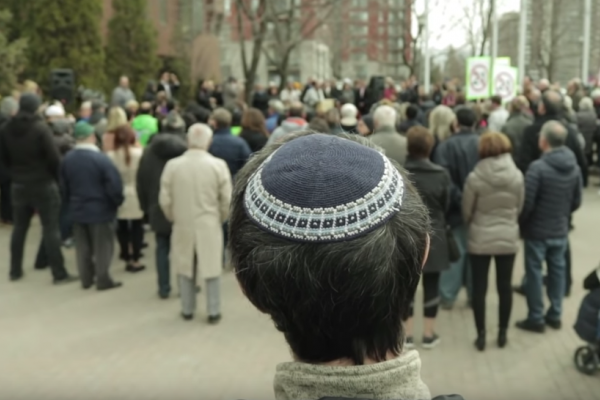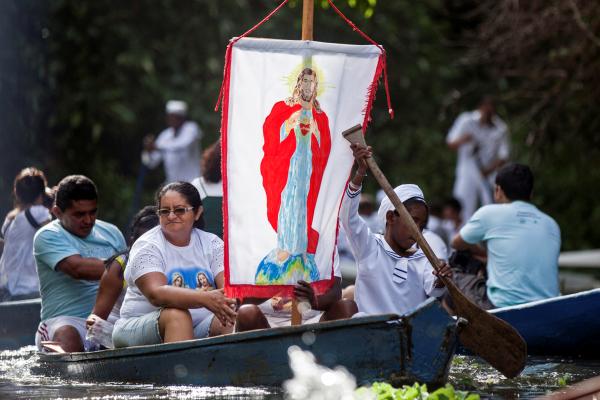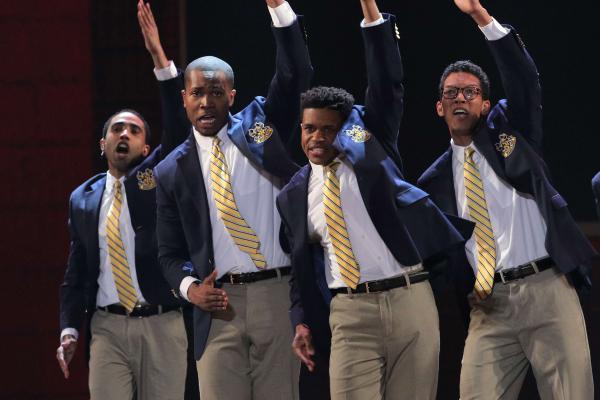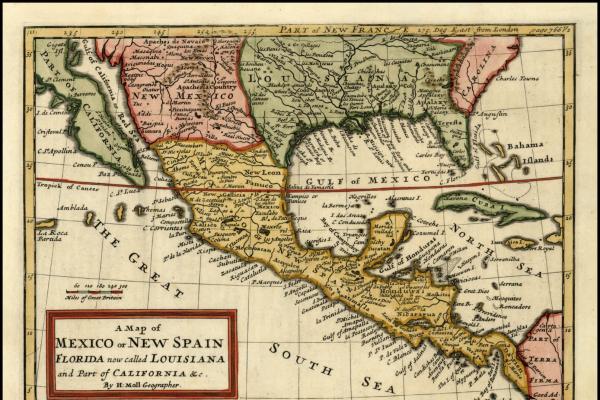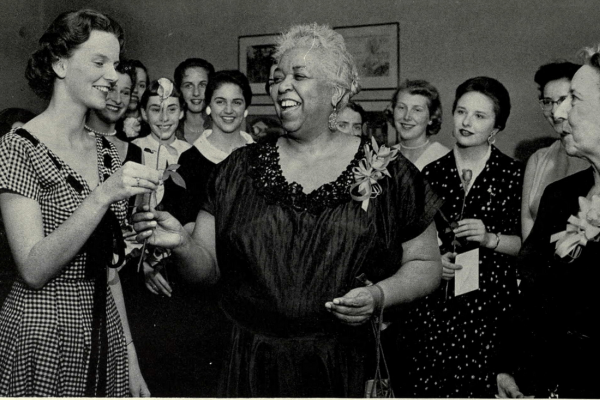The CAQ is using its majority status in Parliament to concretize the secularization of Quebec, a process that began in the 1960s through the “Quiet Revolution” when the Quebec government began separating its institutions from the leadership of the Catholic Church. In the last decade, various Quebec political parties, including the Liberals, have made several legislative attempts to address state neutrality that have either been delayed in the courts or have failed because of public dissent.
The document also issues a strong defense for the protection of the environment in the Amazon, deforestation, illegal mining, and development projects that threaten native cultures and the delicate ecosystem vital for the planet.
White violence in all forms must be named, particularly white, male violence.
Our new look, changes in the SBC, the real meaning of identity, hope for the long haul work of justice, and more in the Weekly Wrap.
As I was growing up in an evangelical church, one of my pastors’ favorite scriptures to use to wake up a congregation and remind us to keep going was the “run-the-race” scripture. In Hebrews 12, we are instructed to “run with perseverance the race marked out for us, fixing our eyes on Jesus, the pioneer and perfecter of faith.” But I was never a runner — or, in fact, had any athletically inclined bone in my body — and I desperately needed a different metaphor, something that I felt would teach me to carry on my faith in a sustainable way.
Good theater contains a strain of that gospel antidote, that powerful tradition of trying to name and recognize our demons and human propensities. The earnestness in story that pairs what we believe with what we do, can serve as a way to handle truths about ourselves and our dealings that make us uncomfortable. Often written off as fluffy and as a less effective means of activism, the tradition of plays and musicals has the power to stage an inner confrontation in real time, asking the audience to contend with a hard truth or recasting a social norm we seldom question.
My family walks a palimpsest, on translations and mistranslations of rivers, of people, of places, of faith. My family walks on unfinished words that have yet to be formed, stuck on molar, in mouths, being shaped by tongues that twist two into one. My family walks on places unfinished and already traversed.
Whatever faults Black Protestantism has had, its grand strength is in its exercise of democratic debate internal to black Americans about the meaning of the good life and who gets a say in the shaping of that life, including perspectives from other faiths.
Leaders at the forefront of the fight for social justice need to learn to lead courageous dialogue about race.
